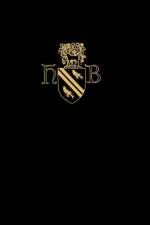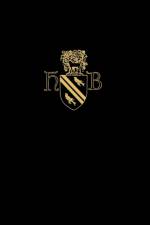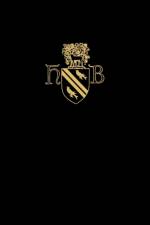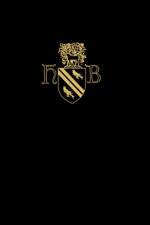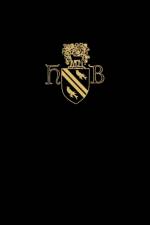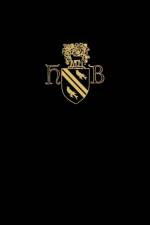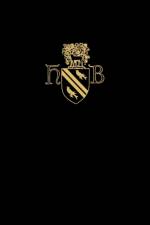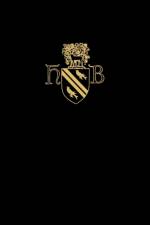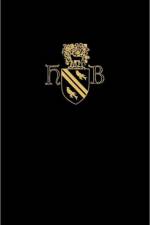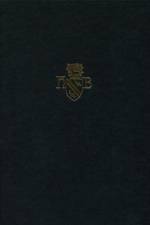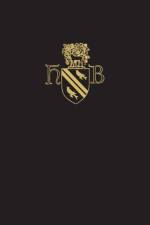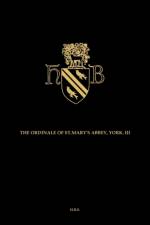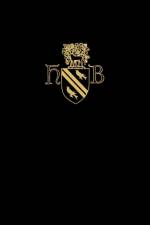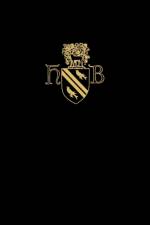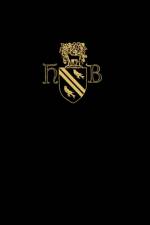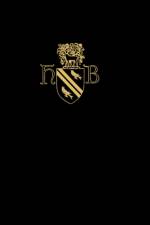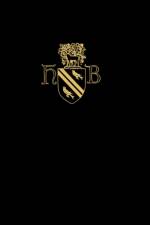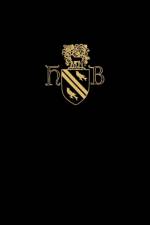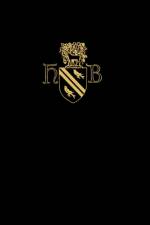- (Le Havre, Bibliotheque Municipale, MS 330)
av D.H. Turner
1 059,-
The Henry Bradshaw Society was established in 1890 in commemoration of Henry Bradshaw, University Librarian in Cambridge and a distinguished authority on early medieval manuscripts and liturgies, who died in 1886. The Society was founded `for the editing of rare liturgical texts'; its principal focus is on the Western (Latin) Church and its rites, and on the medieval period in particular, from the sixth century to the sixteenth (in effect, from the earliest surviving Christian books until the Reformation). Liturgy was at the heart of Christian worship, and during the medieval period the Christian Church was at the heart of Western society. Study of medieval Christianity in its manifold aspects - historical, ecclesiastical, spiritual, sociological - inevitably involves study of its rites, and for that reason Henry Bradshaw Society publications have become standard source-books for an understanding of all aspects of the middle ages. Moreover, many of the Society's publications have been facsimile editions, and these facsimiles have become cornerstones of the science of palaeography. The society was founded for the editing of rare liturgical texts; its principal focus is on the Western (Latin) Church and its rites, and on the medieval period in particular, from the sixth century to the Reformation. Study of medieval Christianity - at the heart of Western society - inevitably involves study of its rites, and the society's publications are essential to an understanding of all aspects (historical, ecclesiastical, spiritual, sociological) of the middle ages.

